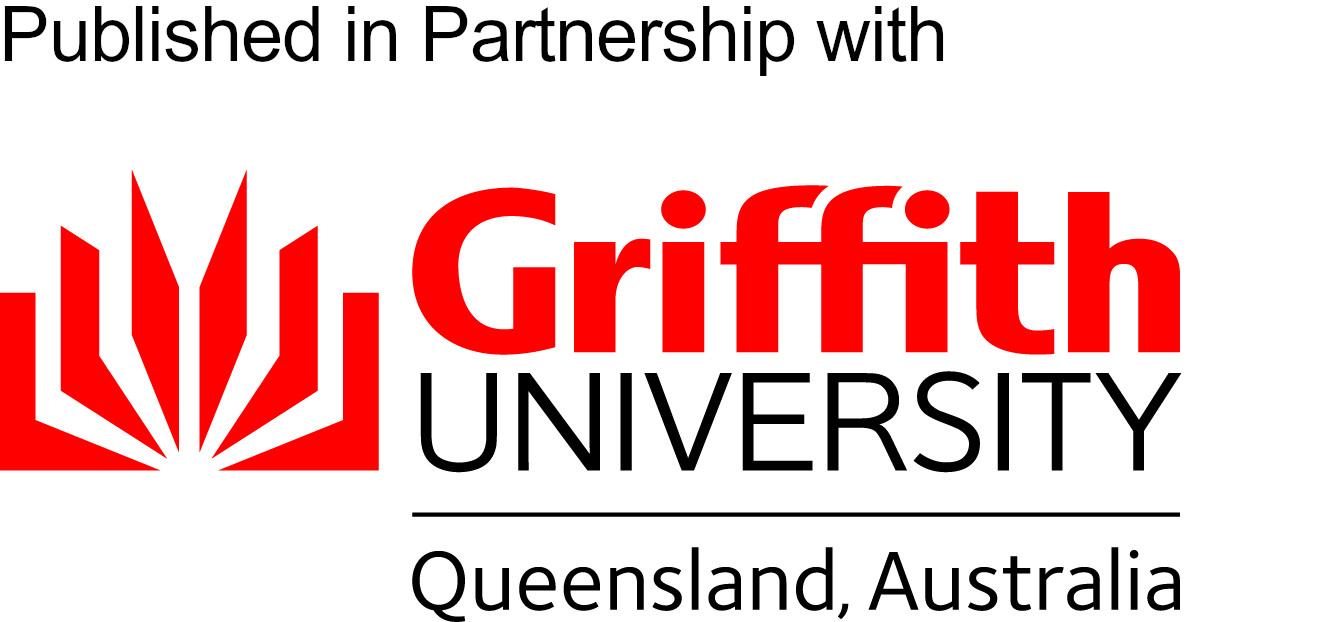Acclimatisation
The Continuing Story
DOI:
https://doi.org/10.1017/qre.2012.5Keywords:
food plants, food security debate, US corn industry, non-patented grain geneAbstract
With the right breeding and care, food plants have – so far – fed and sustained human civilisation. But how much can be grown, where and how reliably are emerging themes in the food security debate. Forty years ago, a non-patented gene from a quaint old grain saved the world-leading, multi-billion dollar US corn industry. It was fortunate for the multinational seed, fertiliser and pesticide conglomerates that someone in China had the foresight to conserve it.
References
United Nations, Global Biodiversity Assessment, United Nations Environment Programme (Cambridge: Cambridge University Press, 1995), Chapters 4 and 7.
The name, Bellis, was taken from the scientific name for the English lawn daisy, Bellis perennis. The property is in Daisy Street.
As a unit of area, a standardised perch of 16.5 square feet is equal to 25.29 square metres, or 0.00625 acres, see: http://en.wikipedia.org/wiki/Perch_(unit). Accessed 20 April 2012.
Retrofit: To provide, for example, domestic sewerage system, insulation, stormwater harvesting, solar panels with parts, devices, or equipment not in existence or available at the time of original manufacture.
Anthroposol, a soil resulting from human activities which have caused a profound modification, see: www.clw.csiro.au/aclep/asc_re_on_line/an/anthsols.htm. Accessed 20 April 2012.
Seed Savers’ Network, see: http://www.seedsavers.net. Accessed 20 April 2012.
Rodale Institute, see http://www.rodaleinstitute.org. Accessed 20 April 2012.
Jude and Michel Fanton, Our Seeds: Seeds Blong Yumi, available from Seedsavers, PO Box 975, Byron Bay, NSW 2481.





